Riefenstahl
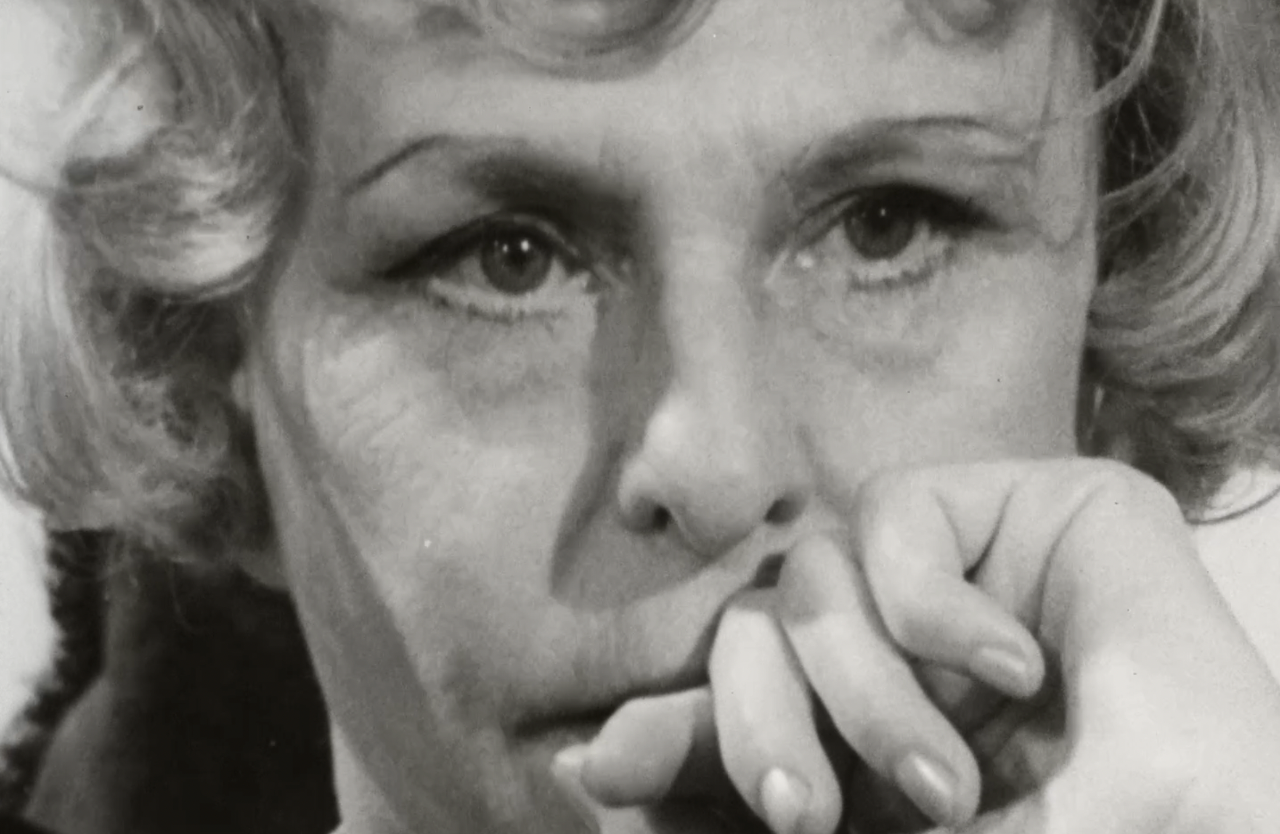
Leni Riefenstahl is a controversial filmmaker better known today for her Nazi propaganda films Triumph of the Will and Olympia. Despite her artistic devotion to Hitler’s ideologies and close connections to high-ranking officials, the director adamantly distanced herself from the movement later in life, claiming to be ignorant of what was happening in the concentration camps. From her perspective, she was a groundbreaking artist who would rather be remembered for her earlier works, like 1932’s The Blue Light (the film that initially caught Hitler’s attention). Andres Veiel digs into the contradictory halves of this figure in documentary Riefenstahl to pin down which version was the real Leni Riefenstahl. Touching upon themes of legacy and memory along the way, Veiel crafts a fascinating, if at times dry, character study of its subject.
With full access to Riefenstahl’s personal archive of footage, letters and recordings, alongside various TV appearances, Veiel has an abundance of material to work with. There are numerous clips early in the documentary that show her passionately defending her position as an accomplished filmmaker and artist on talk shows. Her claims aren’t without merit either. Veiel doesn’t hide that Riefenstahl was a pioneering figure of her time who not only made fantastic pieces of cinema but also put herself in danger while shooting in extreme conditions during her youth.
Start to dig a little beneath her public-facing image, however, and a completely different picture starts to emerge. She’s noticeably uncomfortable answering questions about her relationships with Hitler and Goebbels. The documentary highlights her anxious fidgeting and shows an especially revealing encounter where she berates an interviewer for daring to challenge her narrative. The evidence against her only becomes more damning as the documentary continues, with one moment implying her request to remove Jewish workers from one of her shots may have resulted in their deaths. Likewise, she claims to have met Roma children whom she filmed with after the war, despite there being evidence of them having perished in camps.
At an almost two-hour runtime and without much else to say about its subject, this documentary starts to lose momentum towards its final stretch. It’s drawn-out ending aside, Veiel has nevertheless crafted a multifaceted portrait of the contentious filmmaker, exposing the beliefs she held and the person underneath her well-manicured façade.
Andrew Murray
Riefenstahl is released in select cinemas on 9th May 2025.
Watch the trailer for Riefenstahl here:

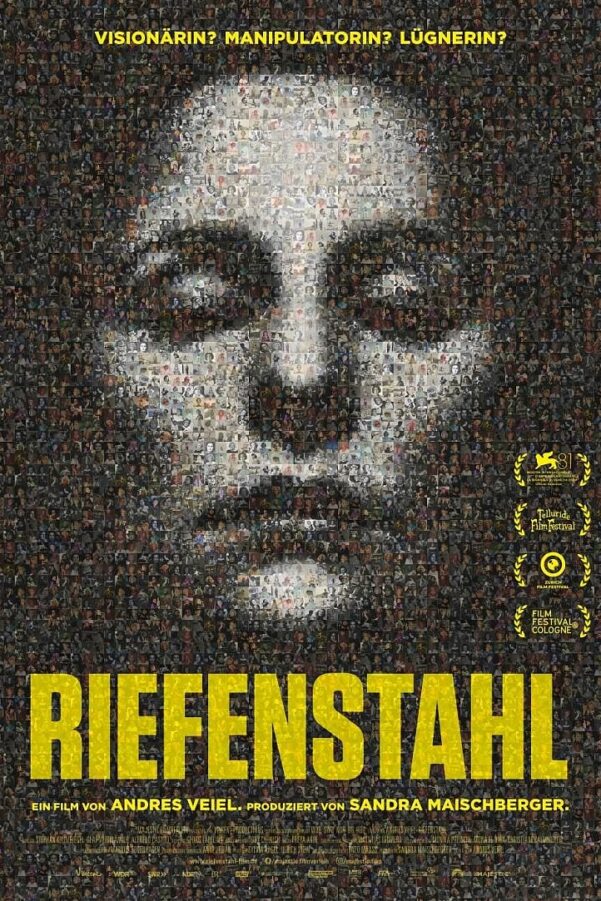
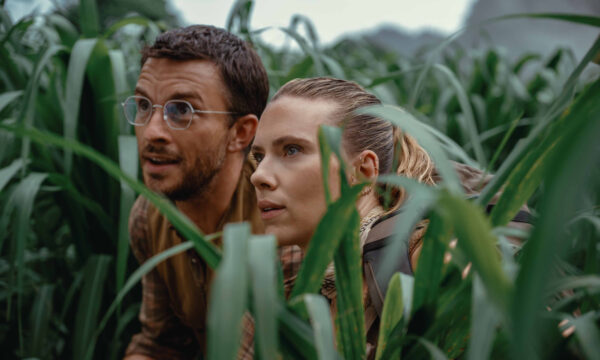
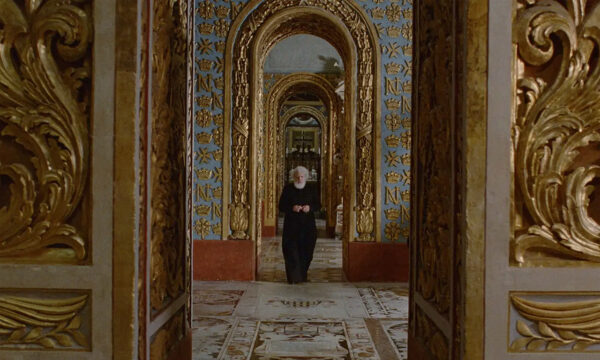
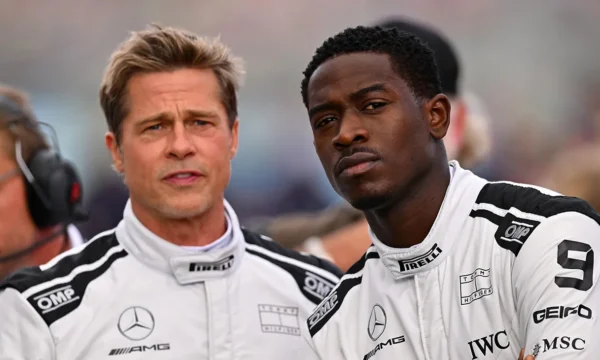
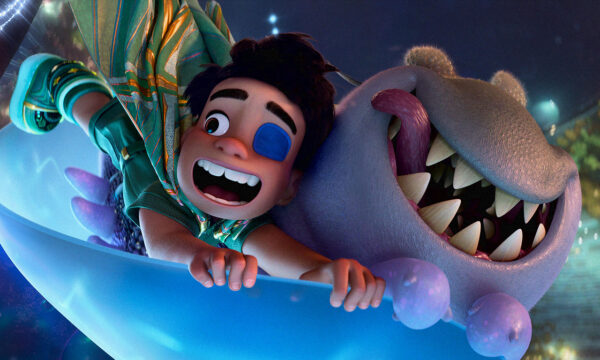
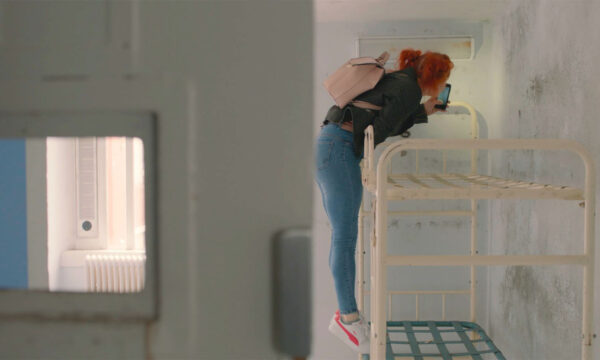
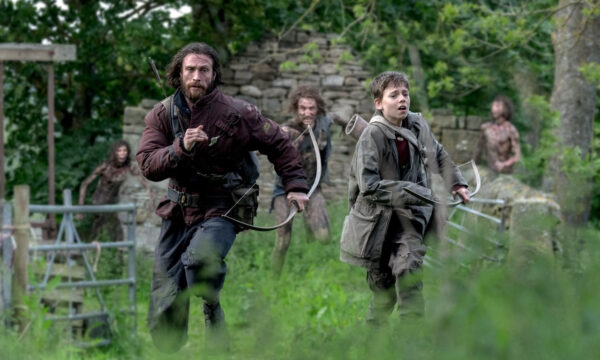
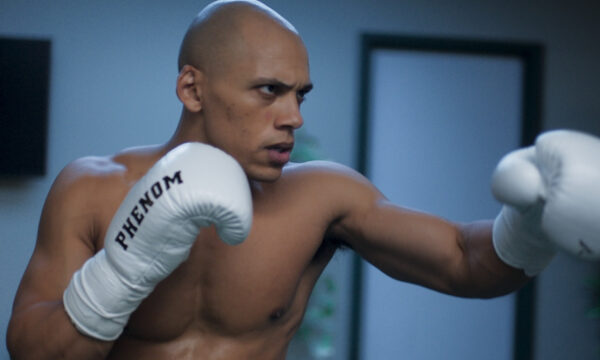
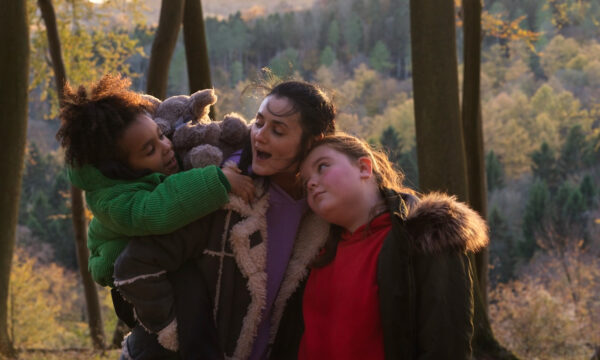
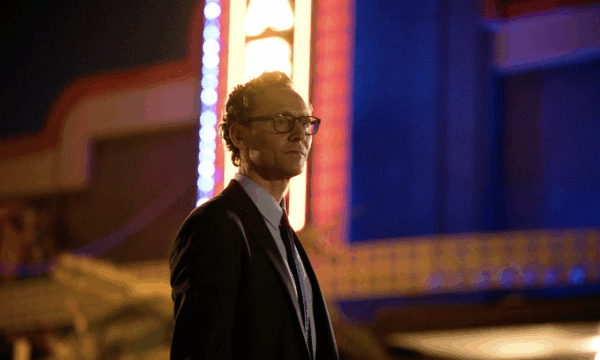



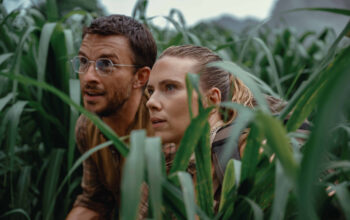







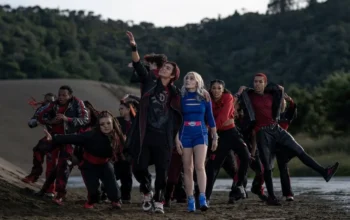



Facebook
Twitter
Instagram
YouTube
RSS